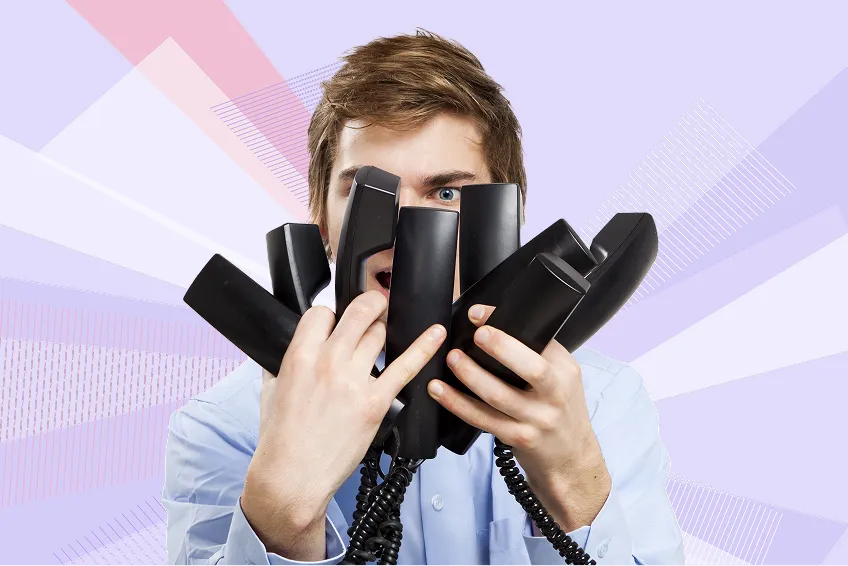Millennials and Healthcare
Why do Millennials and the healthcare industry seem so diametrically opposed? They've taken to the streets (of the internet) to make light of the situation. But in reality, Millennials are pushing for healthcare industry reform - and we should be listening. Millennials are shaping the trends for the future.

Millennial Struggles with Healthcare
Millennials, specifically, have a challenging time interacting with the healthcare system for a variety of reasons which have sparked innovation. These reasons are as outlined in a piece by HIT Health Consultant below:
- It’s too manual. Providers and payers have been slow to adopt technology, especially when it comes to point of care and patient engagement. Meanwhile, Millennials prefer to use technology even before making a phone call or going for an office visit. They are also twice as likely as any other generation to act on healthcare advice they find online, especially on social media, according to the Healthcare Finance Administration (HFA).
- It’s slow. Millennials value speed, which isn’t a hallmark characteristic of most physician offices. That’s probably why 34% of them prefer retail clinics and 24% prefer acute care clinics, according to the HFA. Older generations see PCPs as their first line of defense whereas Millennials do not.
- They prefer self-care, not office visits. Ninety-three percent of Millennials do not schedule preventive physician visits, according to a survey conducted by ZocDoc, a medical scheduling company. Millennials are more likely to focus on day-to-day health maintenance choices that they believe will pay off long-term.
- It’s too expensive. Millennials between the ages of 18 to 34 are most likely to ask for a discount, ask for a cheaper treatment option, request a price check or appeal an insurance decision, according to a report from PwC’s Health Research Institute.
The Power of Millennials
Attracting the business of Millennials is very important for any healthcare organization: not only because they are a powerful purchasing segment, but because this group is influencing many others – including their own parents. Progressive organizations are now taking steps to develop new services and tools that Millennials appreciate, including telemedicine, self-service websites and apps, and wellness programs that provide financial incentives for healthy habits like regular exercise and healthy diets.
The Spark That Drives Innovation
Although trends may be forced by a Millennial hand, studies show that other generations follow suite and adjust to these innovations in behavior. One such innovation, is the healthcare communication app, such as Klara, that allows for instant exchange of information that adheres to the principles of convenience, speed, self-care and an active involvement in one's health management.
For doctors looking for the next generation of patients, use of technology such as Klara is integral to the functioning of healthcare practices. We will see a shift over time to the increase use of centralized communication apps both in the US and abroad.










